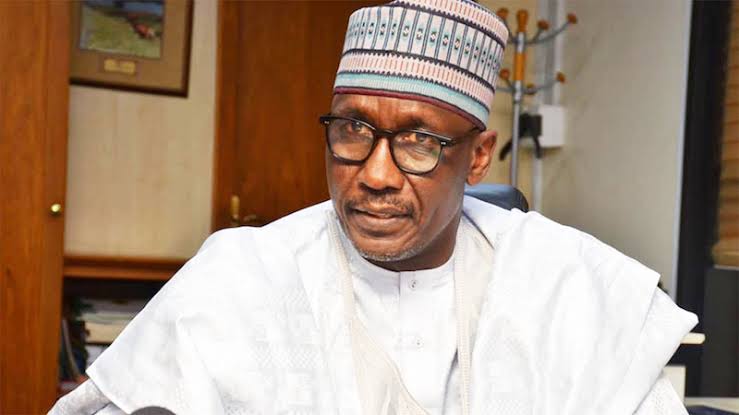
SOCIO-ECONOMIC Rights and Accountability Project (SERAP) has urged Group Chief Executive Officer of the Nigerian National Petroleum Company (NNPC) Limited, Mr. Mele Kolo Kyari, to promptly account for and explain the whereabouts of the alleged missing $2.04 billion and N164 billion oil revenues.
SERAP noted that the allegations were documented in the latest annual report recently published by the Auditor-General of the Federation. The organisation urged Kyari to name and shame those responsible for the disappeared oil money, surcharge them for the full amount involved, and hand them over to appropriate anti-corruption agencies, as provided for under Paragraph 3112(ii) of the Financial Regulations 2009, and recommended by the Auditor-General.
SERAP also urged him “to ensure the full recovery and remittance of the missing $2.04 billion and N164 billion into the Federation Account without further delay.
In the letter at the weekend and signed by SERAP Deputy Director Kolawole Oluwadare, the organisation said the missing oil revenues had further damaged the already precarious economy in the country and contributed to very high levels of deficit spending by the government.
SERAP noted that without the full recovery and remittance of the missing $2.04 billion and N164 billion oil revenues, the dire economic situation might worsen and Nigerians would continue to be denied access to basic public goods and services.
According to the body, the Auditor-General has, for many years, documented reports of disappearance of public funds from the NNPC of which Nigerians continue to bear the brunt of the missing oil revenues.
It said: “Had the NNPCL and its subsidiaries accounted for and remitted the disappeared public funds into the Federation Account, it is likely that more funds would have been allocated to the fulfillment of economic and social rights, such as increased spending on public goods and services.
“The missing oil revenues have also impeded Nigerians’ ability to enjoy their economic and social rights, and denied them access to essential public goods and services, especially at the time of cost of living crisis in the country.”
SERAP said the grim allegations by the Auditor-General meant a grave violation of public trust and the provisions of the Nigerian Constitution 1999 (as amended), national anti-corruption laws, and the country’s obligations under the UN Convention against Corruption.
It lamented that the allegations had undermined the economic development of the country, trapped the majority of Nigerians in poverty and deprived them of opportunities.






